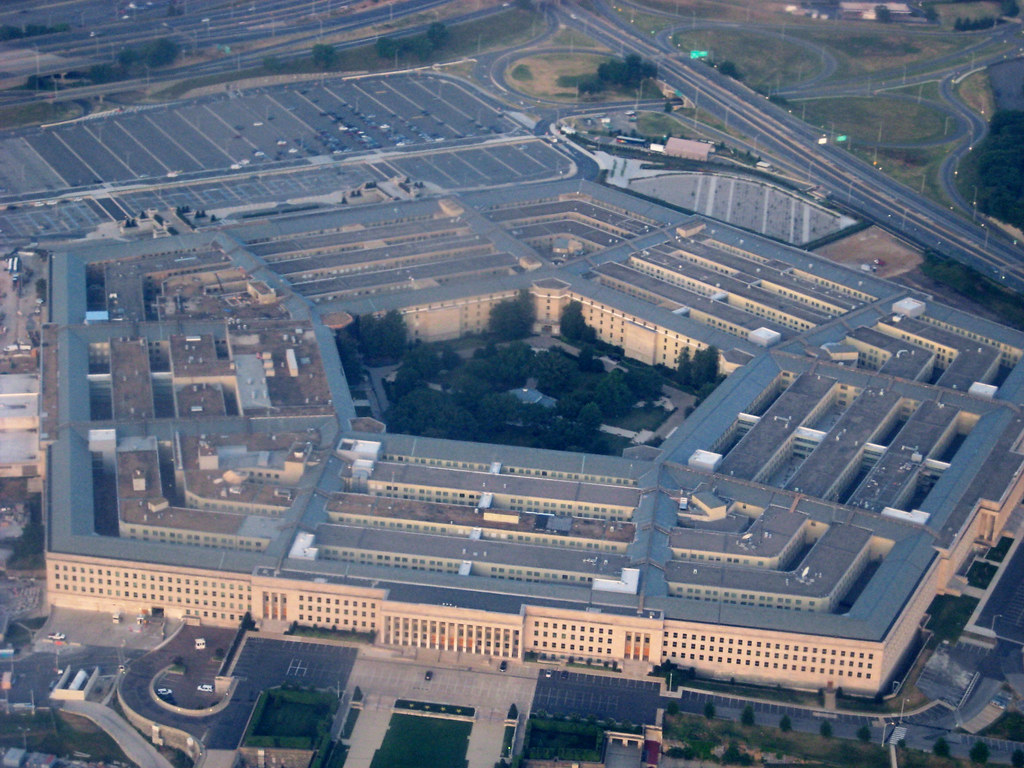Key takeaways
- The Pentagon investigates Senator Mark Kelly over a social media video.
- Defense Secretary Pete Hegseth issues a court martial threat.
- GOP strategist Steve Schmidt calls the move a corrupt act.
- The debate raises questions about free speech in the military.
Court Martial Threat Against Senator Kelly
On Monday, a GOP strategist blasted a new court martial threat. The Pentagon said it will probe Senator Mark Kelly. He faces this probe over a video message to troops. In that clip, Kelly said service members should refuse illegal orders. President Trump called the video seditious. Then Defense Secretary Pete Hegseth threatened to recall Kelly to active duty. Moreover, he warned that Kelly could face a full court martial. Many critics see this move as political.
Why the Court Martial Threat Matters
The court martial threat raises big questions about military rules. It asks if retired officers can face military trials. It also tests free speech for veterans and current troops. Furthermore, the threat may chill open discussion inside the armed forces. As a result, active-duty members may fear speaking up. The situation echoes past cases of service members facing harsh trials. However, most experts agree that law and order must stay fair and clear.
Steve Schmidt Slams Military Politicization
Steve Schmidt called the court martial threat a form of corruption. He shared his views in a video on his Substack. He compared the threat to unfair trials seen in history. Moreover, he named famous figures who faced wrongful military courts. Schmidt warned that active troops might hide concerns. He said this trend could ruin the military’s integrity. He also noted that many at the Pentagon whisper about this tactic. His words sparked a heated debate online and across news outlets.
Historical Cases of Unfair Courts
In the past, service members faced court martials for political reasons. Jackie Robinson and Benjamin O. Davis Jr. both fought wrongful charges. They proved that bias can infect military justice. Later, figures like Dick Winters encountered similar threats. Yet they stood firm and cleared their names. These examples show why fair trials are vital. They remind us that no one should face a kangaroo court. Today’s debate over the court martial threat echoes these lessons.
Possible Impact on Troop Morale
The court martial threat could harm military morale. Troops may feel they cannot speak out on sensitive topics. They might worry about retribution from top officials. As a result, honest feedback could dry up. That would hurt training and readiness over time. On the other hand, firm rules help maintain discipline. So leaders must balance order with respect for free speech. Otherwise, the force risks losing trust in its own institutions.
Reactions from Politicians and Public
Democrats have blasted the court martial threat as a political stunt. They say it distracts from real security issues. Many Republicans back Hegseth’s right to enforce military law. Still, some express concern over overreach. Meanwhile, veterans’ groups call for a careful review. They stress that retired officers deserve due process. Across social media, citizens debate whether the threat is fair. Overall, public opinion remains divided and heated.
What Comes Next for Senator Kelly
Kelly says he stands by his video and his words. He argues he only urged obedience to lawful orders. He welcomes a fair review of military rules. His team promises full cooperation with the Pentagon probe. Meanwhile, Hegseth’s office has not set a timeline for its decision. As the inquiry continues, both sides gather evidence and testimonies. The outcome could shape how veterans engage in public debates.
Next Steps for the Pentagon
The Pentagon must follow its own rules on military justice. It will assign investigators to examine any possible law breaches. Then it may decide to recall Kelly to active duty. If that happens, a formal court martial could begin. However, lawyers say this move would be rare and complex. At each stage, legal teams will argue over jurisdiction and rights. Ultimately, the process must protect both national security and individual freedoms.
Balancing Duty and Free Speech
The case highlights a tough balance for any democracy. On one hand, military order depends on clear discipline. On the other, free speech drives discussion and progress. Therefore, leaders must ensure rules do not stifle honest views. At the same time, they must guard against disorder within the ranks. This debate over the court martial threat tests that balance in real time. Its resolution could influence future cases for decades.
Conclusion
The court martial threat against Senator Mark Kelly has sparked a nationwide discussion. At its core, this story asks how far military authority can extend over veterans. Defense Secretary Pete Hegseth’s warning ignited fierce reactions from both parties. GOP strategist Steve Schmidt called it a corrupt act that chills essential debate. Historical cases remind us that unfair trials can damage trust and morale. As the Pentagon investigates, our democracy faces a key test of duty and free speech. The outcome will shape the rules for retired officers and active troops alike.
FAQs
What exactly is a court martial threat?
A court martial threat is a warning that someone may face a military trial. It involves recalling them to active duty and charging them under military law.
Why is Senator Kelly under investigation?
The Pentagon probes Kelly because he urged troops to refuse illegal orders in a video. Officials want to see if that advice violates military rules.
Can the Defense Secretary recall a retired officer?
Yes. The Defense Secretary can order a retired officer back to active duty. This power is rare but legal under military regulations.
How could this case affect free speech in the military?
If the threat leads to a trial, service members may fear speaking out. That could limit open discussion and honest feedback within the ranks.
